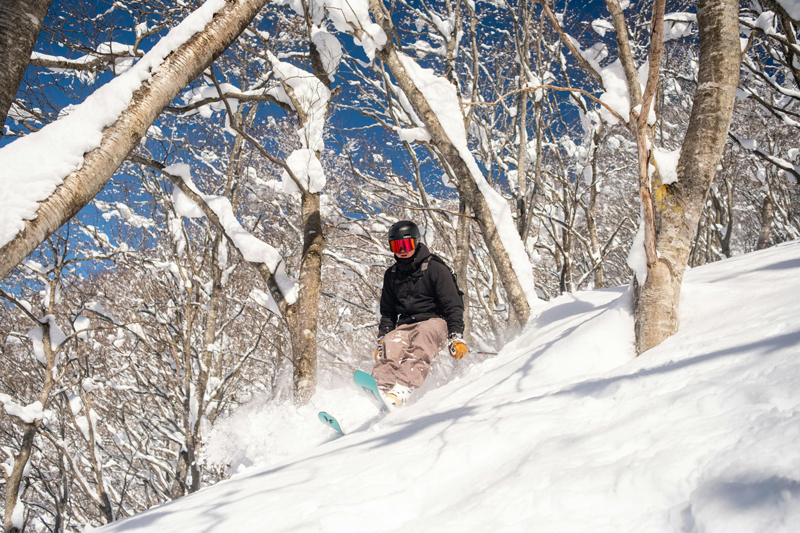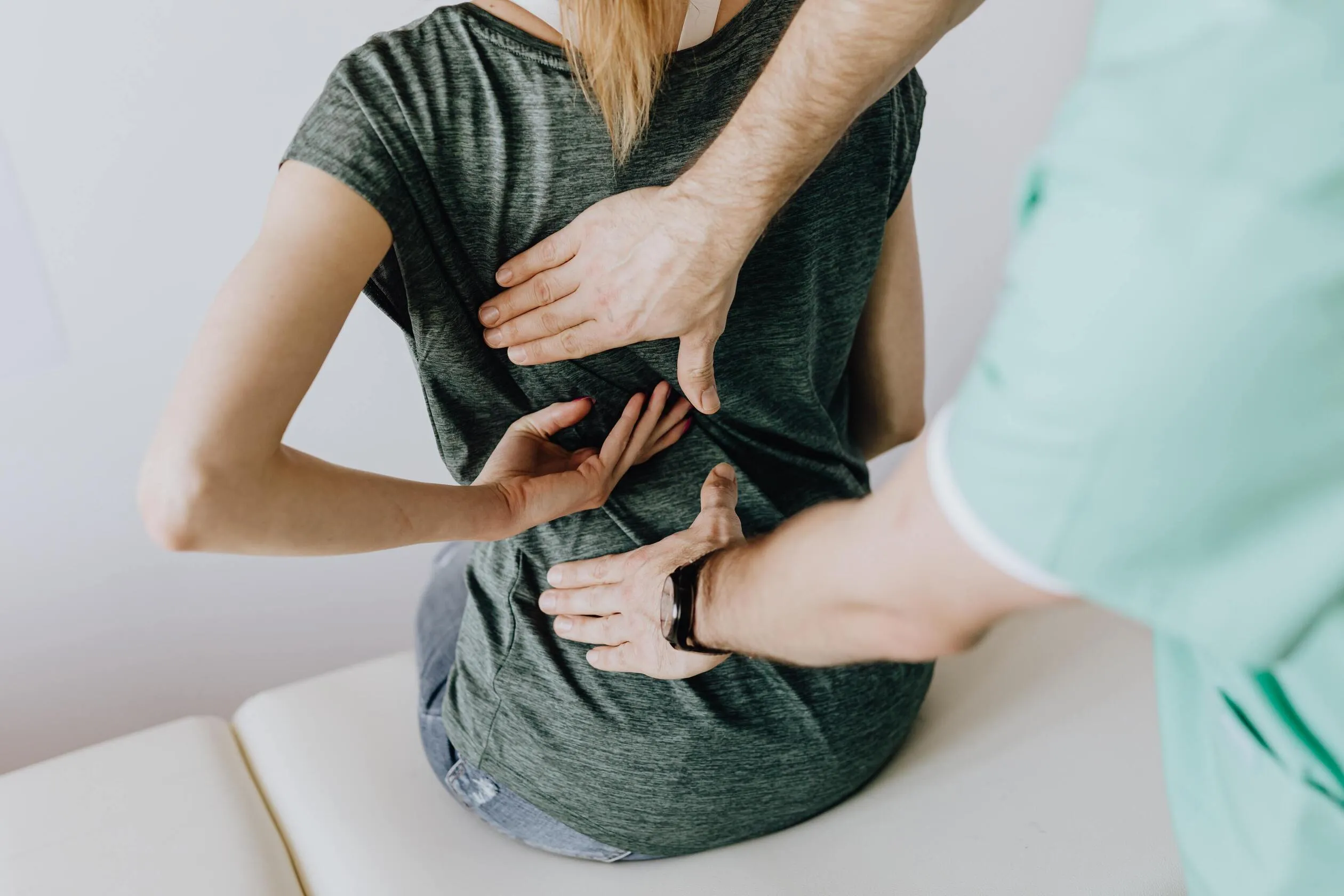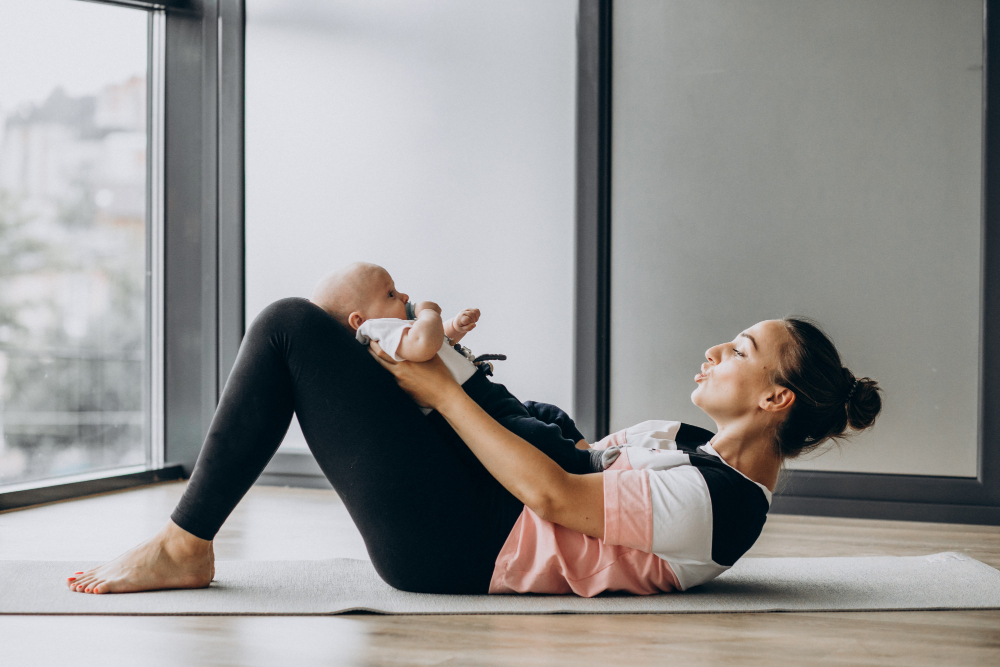Why Preparing for Skiing Matters
Whether you are heading to Japan, Korea, or Europe, skiing places different demands on your body compared with your usual weekly routine in Hong Kong. Even active people often feel surprised by how much skiing challenges their legs, hips, and balance. Preparing early helps you enjoy your time on the slopes without feeling overly tired or stiff.
Improve Your Balance Before You Travel
Good balance helps you stay steady when turning, slowing down, or absorbing small bumps in the snow.
Simple balance exercises you can do at home
Single-leg standing
Stand on one leg with a slight bend in your knee. Keep your hips level and hold for 30 to 45 seconds per side.
Gentle single-leg knee bends
Bend and straighten your standing leg while trying to keep your balance. This strengthens the small stabilising muscles around your hips and ankles.
Build Strength for the Slopes
Your legs, hips, and core all work together while skiing. Strengthening these areas can make your movements feel more controlled, especially towards the end of the day.
Helpful strength exercises
Squats
Lower slowly and rise smoothly. Try two or three sets of ten.
Side lunges
Step to the side and shift your weight gently. Repeat eight times per side. This prepares you for sideways movements in skiing.
Glute bridges
Lie on your back and lift your hips. Hold briefly and lower. This supports the pelvis and reduces strain on the lower back.
Movement Analysis for Better Control
It’s common for people to favour one leg or rotate their hips more on one side without noticing. These small imbalances can lead to discomfort on the slopes, especially if you ski for several days in a row.
A movement assessment at City Osteopathy helps identify these patterns and ensures your training focuses on what your body truly needs.
Support Your Recovery During Your Trip
Cold temperatures and long ski sessions can make your muscles feel tight.
Simple habits that help
- Stretch your thighs, calves, and hips after skiing
- Take a warm shower to relax your muscles
- Do a few gentle mobility movements before setting off the next morning
- Drink water regularly even if you don’t feel thirsty
These steps help your body stay comfortable throughout your holiday.
In Summary
- Improve your balance to stay steady on the slopes
- Build strength in your legs, hips, and core
- Understand and correct movement habits that may affect your skiing
- Stretch and recover well each day
To feel confident and well-prepared before your trip, book a movement assessment or consultation for a personalised training plan at our clinic.




.jpg)




